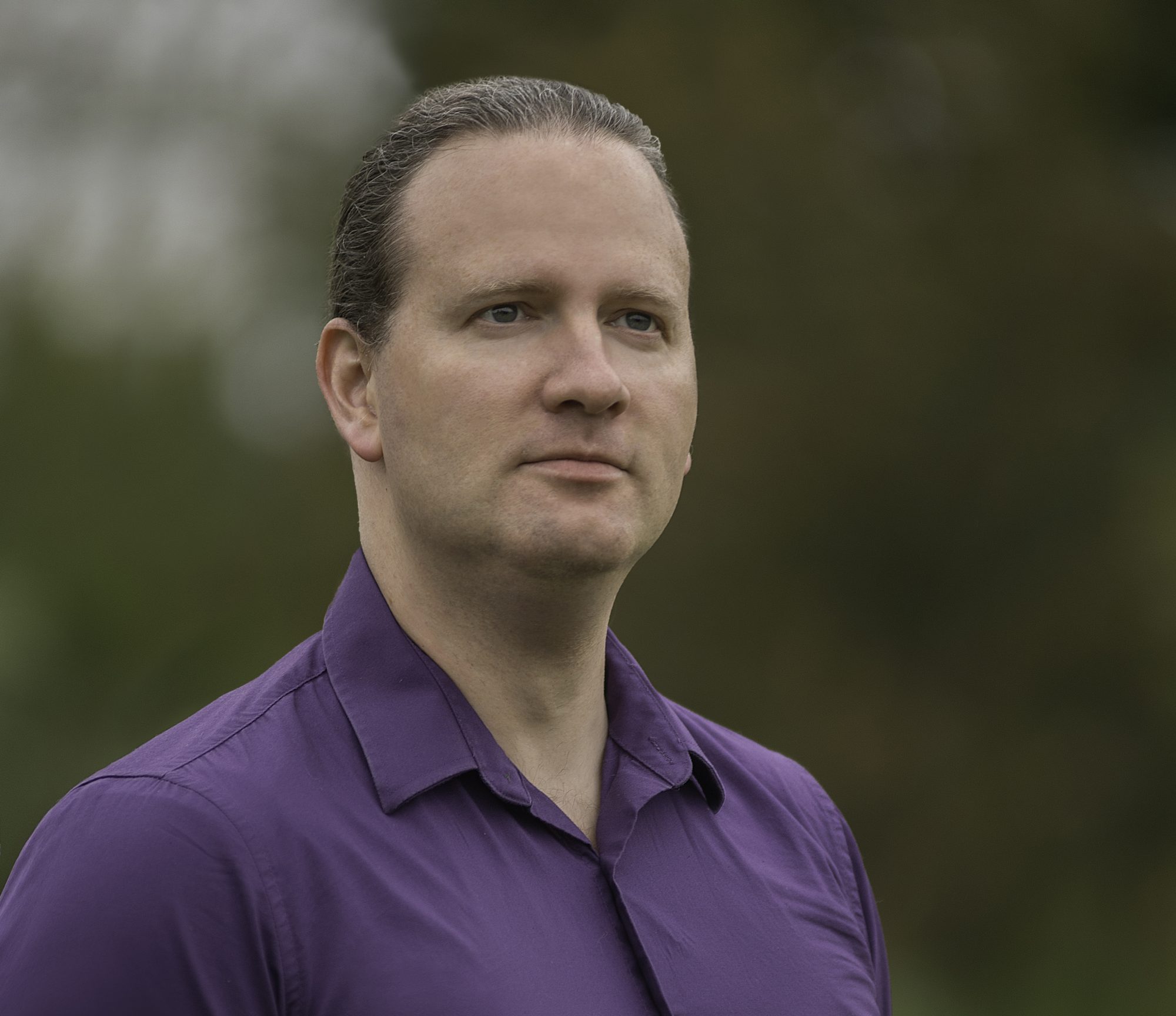There’s a big move underway currently, as micro-production of power expands rapidly. It’s a move that is, oddly enough, being completely ignored by all of the big power behemoths (PG&E, PSE, etc.) in their eternal drive to wag the dog of “shareholder value”, while the little PUDs (Public Utility Districts) blow right past them. The new paradigm?
Grid balancing.
Ultimately, it’s not so new. Power companies all do this to some extent, just only to a very small amount currently. But as more and more power gets produced in distributed micro-units, such as with solar installations, grid balancing is becoming more and more a primary function of the power grid, rather than a negligible blip. Ultimately, these companies need to switch from a power-supplying model to a power-balancing model, and they’re definitely not ready for it; that is, their balance sheets and business financials aren’t.
Then there’s Grid+, a device and system that uses the blockchain currency / business system Etherium to automatically buy and sell micro units of power on the open market. We’re still a ways away from this type of system actually buying and selling the power you produce and consume (combined with localized batteries), but ultimately, maybe in 20-30 years, this is where things are headed.
On the business side of things, ultimately PUDs will replace power monopolies. Their incentives are all in the right place, the consumers, rather than in the wrong place, the remote shareholders. This is much the same as with credit unions slowly replacing traditional consumer banks. Track records prove that they simply provide a much better service, including much better rates, when their incentives are aligned with their customers rather than with a disconnected group of people. Something similar will eventually happen with landline providers, but that’s an even further ways off, given the stranglehold some of the big monopolies have, despite being consistently rated some of the most customer-hostile companies around. I’m speaking primarily of course for the USA, where my experience is; I’m sure your mileage may vary in other countries.
